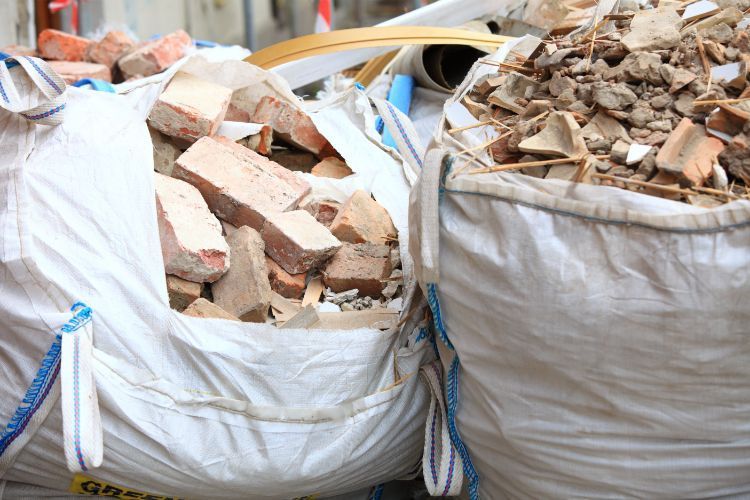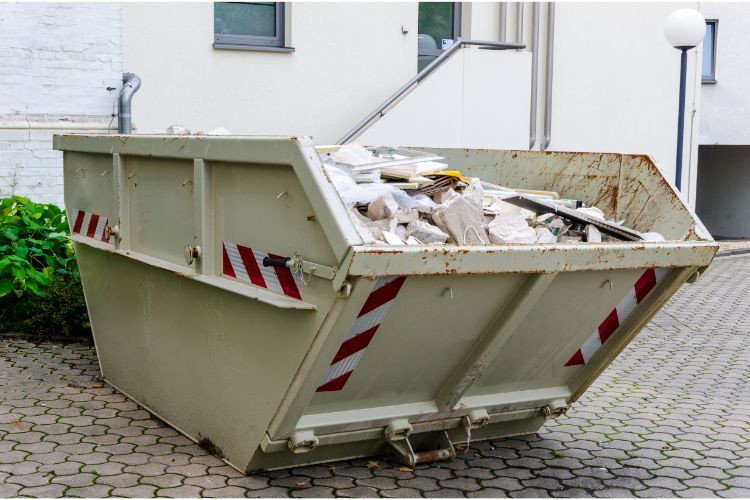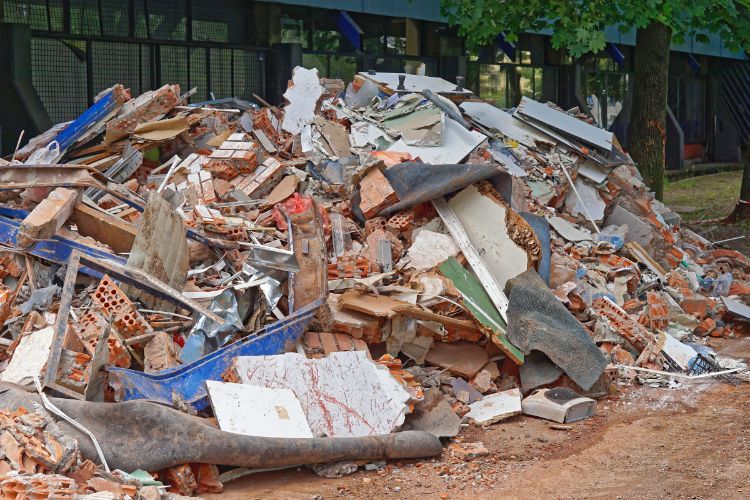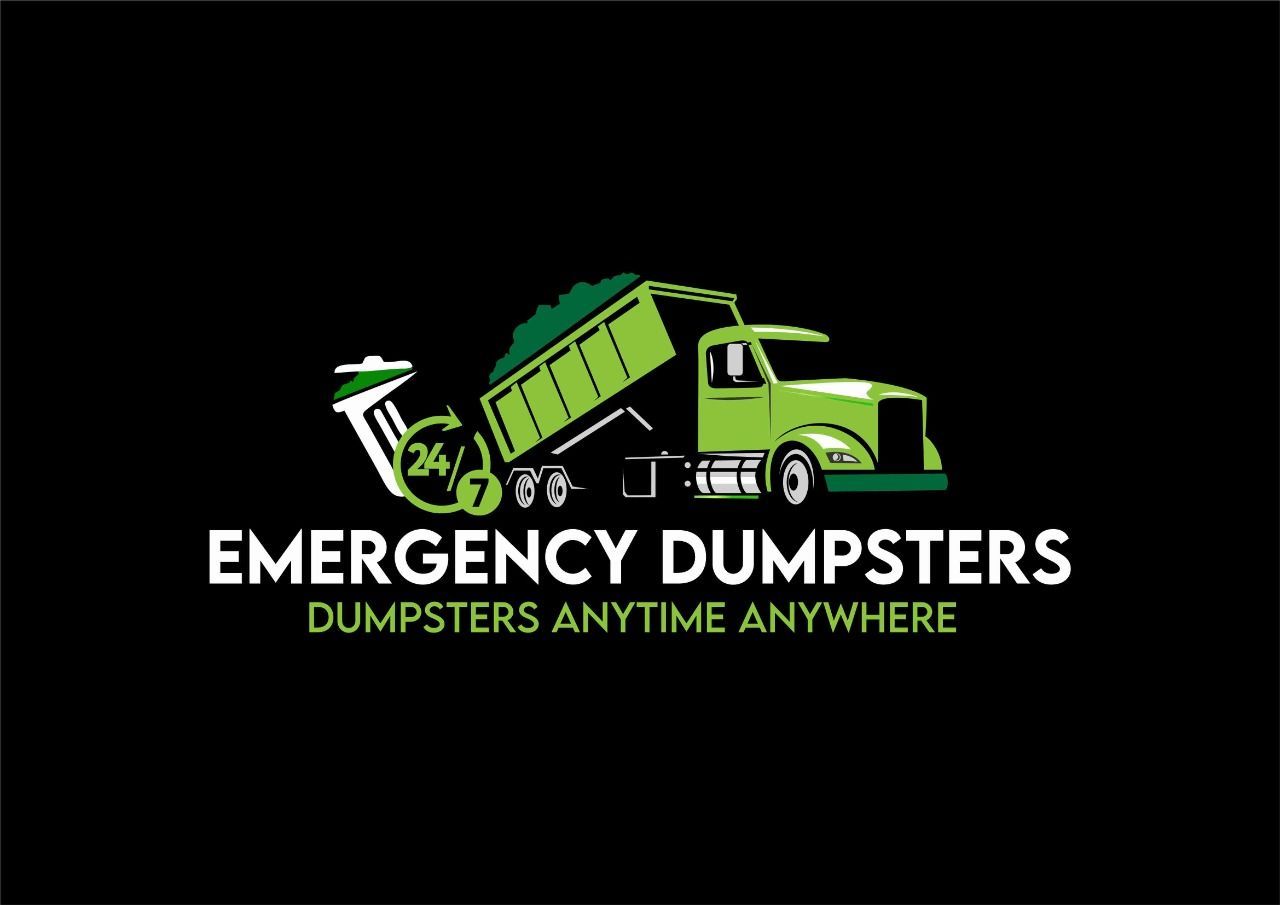Reducing Construction Debris Hassles
Michael Mintz
Managing construction debris is a significant challenge on any job site. From slowing progress to increasing costs, debris can quickly become a hassle if not correctly handled. However, with the right strategies, contractors can significantly reduce the amount of debris generated and streamline the disposal process. This article explores practical and effective ways to minimize construction waste, ensuring smoother operations and reduced environmental impact.
Planning: The First Step to Minimal Debris
Effective debris management starts long before construction begins. Proper planning is crucial to anticipating potential waste and taking steps to reduce it. By carefully selecting materials less likely to generate excess waste, such as prefabricated components or reusable materials, contractors can minimize the volume of debris from the outset.
Accurate ordering is another essential element of pre-project planning. By ordering the correct materials, contractors can avoid overages that lead to unnecessary waste. This approach reduces debris, helps control costs, and ensures that resources are used efficiently. A reliable
construction dumpster rental can further streamline debris management, making maintaining a clean and organized job site easier.
Sorting and Segregating Waste: Streamline the Process
Sorting and segregating waste at the source is one of the most effective ways to manage construction debris. By establishing designated areas for different types of waste—such as recyclables, hazardous materials, and general debris—contractors can simplify the disposal process and ensure compliance with regulations.
This practice also offers financial benefits. Recyclable materials, such as metal, wood, and concrete, can often be sold or donated, reducing the disposal cost. Additionally, segregating hazardous waste prevents contamination of other materials, which can complicate and increase disposal expenses.

Leveraging Construction Trailers for On-Site Efficiency
Construction trailers are invaluable for managing debris efficiently on the job site. These trailers act as mobile waste stations, allowing workers to deposit debris directly into a container that can be easily transported to a disposal facility.
Choosing the right size and type of trailer is critical for optimizing this process. A larger trailer may be necessary for large projects with significant debris to minimize the number of trips to the disposal site. Conversely, smaller trailers might be more appropriate for projects with limited space or less waste. By strategically placing these trailers around the site, contractors can reduce the time and labor required to manage debris, keeping the project on schedule.
Innovative Waste Reduction Techniques

The construction industry is increasingly adopting innovative methods to reduce waste. Prefabrication and modular building are two techniques that minimize debris by allowing components to be built off-site and assembled on-site with minimal cutting and modification. These methods reduce waste, improve efficiency, and reduce project timelines.
Another innovation is the use of on-site waste processing equipment. These machines can crush, shred, or compact waste materials, reducing the volume of debris and making it easier to transport. By incorporating these technologies into their operations, contractors can significantly decrease the amount of waste generated and streamline the disposal process.
Safe and Eco-Friendly Disposal Options
Proper disposal of construction debris is not just a matter of compliance; it’s also a responsibility that contractors have to the environment. Environmentally responsible disposal methods, such as recycling and repurposing, are essential for reducing the impact of construction waste on the planet.
Compliance with local and national regulations is also critical. These regulations often require contractors to dispose of certain materials in specific ways, such as taking hazardous waste to a licensed facility. By understanding and adhering to these rules, contractors can avoid costly fines and contribute to a healthier environment.
Partnering with recycling facilities and green waste management companies is another effective strategy. These partnerships can provide contractors with easy access to eco-friendly disposal options, ensuring that as much waste as possible is diverted from landfills and repurposed in other ways.
Training Your Team: Reducing Debris Starts with Education
Even the best waste reduction strategies will only succeed with the support and cooperation of the entire construction team. Educating workers on proper waste management practices is essential for minimizing debris and ensuring a clean, organized job site.
Simple training programs can significantly reduce waste. For example, teaching workers how to sort and dispose of materials properly can prevent contamination and make recycling more efficient. Encouraging habits like reusing materials or reducing unnecessary cuts can also reduce waste.

Involving the entire team in these efforts fosters a culture of responsibility and environmental stewardship, leading to more effective waste management and a smoother project overall.
Monitoring and Adjusting Waste Management Plans
Effective waste management is not a set-it-and-forget-it process. It requires ongoing monitoring and adjustments to ensure strategies remain effective as the project evolves. Regularly reviewing waste management plans allows contractors to identify areas for improvement and make necessary changes.
Tracking progress is also essential for maintaining a clean and organized job site. By controlling debris, contractors can prevent clutter that could slow down work or create safety hazards. Continuous monitoring and adjustment of waste management plans are key to maintaining efficiency and keeping the project on track.
Ongoing Success Through Effective Debris Management
Managing construction debris effectively is more than necessary—it’s a game changer for any construction project. Contractors can significantly streamline operations and reduce costs by implementing strategic planning, innovative waste reduction techniques, and proper on-site management. However, the journey to a cleaner, more efficient job site doesn’t end with these strategies. Continuous monitoring and adjusting your approach are crucial to maintaining success over time.
Ready to take your waste management to the next level? Consider integrating a construction dumpster rental into your site management plan. With the right tools and strategies, you can minimize debris hassles, keep your project on schedule, and enhance overall operational efficiency. Learn more about how construction dumpster rentals can make a difference on your next project by visiting Emergency Dumpsters for Less.
Share to:
Phone: 1-866-349-2734
For Residential Dumpsters and Junk Removals all across the U.S. please call 561-372-3176

